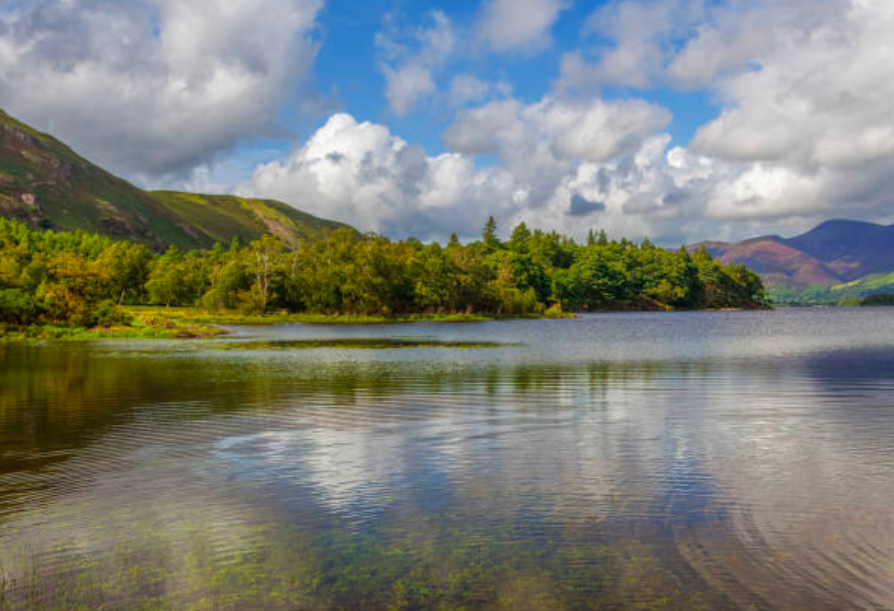An Overview of the National First Nations’ Clean Drinking Water Class Action
Stephanie Willsey, Associate at McCarthy Tetrault LLP, discusses the class-action lawsuit filed on behalf of Tataskweyak Cree Nation, Curve Lake First Nation, and Neskantaga First Nation for prolonged drinking-water advisories on reserves. The settlement includes compensation, a restoration fund, and commitments for safe water access and legislative updates. Though progress has been made, challenges persist, with 28 advisories still active.
Acting on behalf of Tataskweyak Cree Nation, Curve Lake First Nation, and Neskantaga First Nation, McCarthy Tétrault LLP and Olthuis Kleer Townshend brought a national class action litigation against the Attorney General of Canada for failing to address prolonged drinking-water advisories on First Nations reserves across Canada. A crisis which has needlessly persisted for decades. The legal team included: Michael Rosenberg, Eric Block, John Brown, Patrick Williams, Stephanie Willsey, Alana Robert, Bryce Edwards, Kevin Hille, Jaclyn McNamara, and Darian Baskatawang.
The key allegation included in the lawsuit was that Canada has breached its obligations to First Nations and their members by failing to ensure that reserve communities have clean water. It was further alleged that Canada has been negligent, breached its fiduciary duties, breached the honour of the Crown, and breached various rights under the Canadian Charter of Rights and Freedoms.
“The key allegation included in the lawsuit was that Canada has breached its obligations to First Nations and their members by failing to ensure that reserve communities have clean water”
Stephanie Willsey
The litigation sought to advance the rights and well-being of First Nations communities and their members by:
- Obtaining compensation for individuals and communities that have suffered from a lack of reliable access to clean water; and
- Obtaining a declaration that Canada has an ongoing responsibility to work with First Nations to provide access to clean water. This includes requiring Canada to construct and fund appropriate water systems for First Nations communities.

The lawsuit was originally brought in both the Manitoba Court of King’s Bench and the Federal Court in November 2019. It included compelling stories from leaders—such as Chief Emily Whetung, Chief Doreen Spence, and Chief Christopher Monias—and community members that have and continue to suffer from a lack of access to potable water on a daily basis. The evidentiary record described the harmful impacts to community health, emotional and physical wellbeing, and culture, in addition to the inconvenience and financial burdens.
After nearly two years of rigorous litigation and negotiation, the Government of Canada agreed to a settlement on July 30, 2021. On December 22, 2021, the Federal Court and the Court of Queen’s Bench of Manitoba issued a joint decision approving the settlement agreement.
The settlement agreement provided for approximately $8 billion dollars in response to prolonged drinking-water advisories on First Nations reserves across Canada. It also included a number of new commitments going forward to address the issue. This included:
- $1.5 billion in compensation for individuals deprived of clean drinking water
- The creation of a $400 million First Nation Economic and Cultural Restoration Fund
- A renewed commitment to Canada’s Action Plan for the lifting of all long-term drinking water advisories
- A commitment of at least $6 billion to support reliable access to safe drinking water on reserve
- Planned modernization of Canada’s First Nations drinking water legislation
- The creation of a First Nations Advisory Committee on Safe Drinking Water
- Support for First Nations to develop their own safe drinking water by-laws and initiatives
The action provided financial compensation for over 250 First Nations and approximately 150,000 community members. The settlement commits Canada, for the first time, to make all reasonable efforts to ensure that class members have regular access to safe drinking water in their homes. The settlement also ensures that class members have a means of enforcing this right in an arbitral process that incorporates Indigenous legal traditions.
While there is no amount of money that can make up for the harm done for so many years, this case and settlement agreement demonstrates a step in the right direction and hope that Indigenous peoples can use the legal system to hold Canada responsible for past and continued wrongdoing. Canada has committed to working together to develop sustainable, long-term solutions so that future generations do not have to worry about the safety of their drinking water.
“While there is no amount of money that can make up for the harm done for so many years, this case and settlement agreement demonstrates a step in the right direction”
Stephanie Willsey

It is important to note that this class action, while a historic first step, does not resolve the drinking water crisis impacting First Nations. Currently, 28 long-term drinking water advisories remain in First Nations’ communities across the country. As well, there are countless short-term advisories impacting Indigenous peoples’ daily life. First Nations’ continue to work to achieve appropriate infrastructure, to maintain their water systems, ensuring that their water systems are properly staffed, improving their water delivery systems, and more.
We can support First Nations by:
- Advocating for appropriate federal investment in water and wastewater infrastructure on reserve;
- Advocating for all long-term drinking water advisories to be lifted immediately; and
- Supporting communities’ impacted by long-term drinking water advisories (through supporting local businesses or donating).
For more information on the national clean drinking water class action and settlement, please refer to the following:
Administrator
Email: firstnationswater@deloitte.ca
Toll-Free: 1-833-252-4220
Class Counsel
Email: counsel@firstnationsdrinkingwater.ca
Toll-Free: 1-833-265-7589














